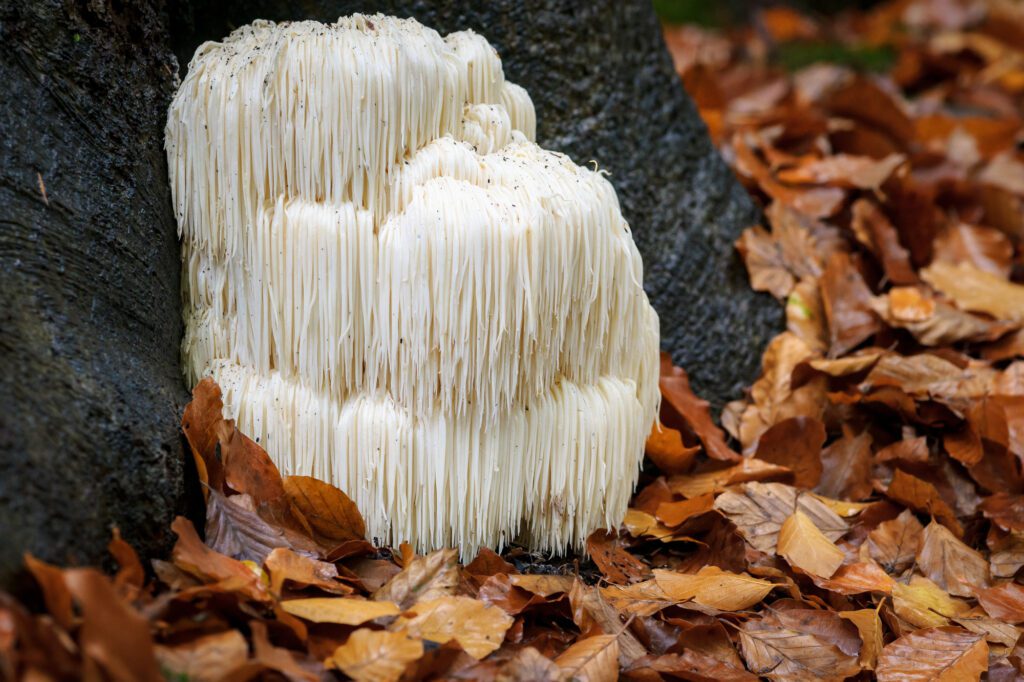Different varieties of mushrooms have been used to promote wellness for centuries. These functional fungi are filled with anti-aging benefits and unique compounds that strengthen the immune system, boost one’s mood, and relieve stress. Currently, mushrooms are available as supplements as well as food.
Mushroom supplements are safe to consume, and incorporating them into your wellness routine will likely yield positive results. However, with so many different types on the market, deciding which one to use can take time and effort.
Below is a guide to help you choose which mushroom supplement is right for you and how you can enjoy them.
What Are Mushroom Supplements?
Mushrooms are more than just a delicacy; they have long been used in traditional herbal medicine to promote health. Most of these functional mushrooms are best taken as supplements rather than raw.
According to experts from Mushroom Revival, mushroom supplements are extracts from different types of mushrooms. Your supplement is likely made from one of the twelve species that have been researched for its health benefits.
The supplements are usually available as capsules, liquid extracts, mouth sprays, or powders. Depending on your preference, these mushroom supplements might contain extracts from a single mushroom type or a combination of extracts from different mushrooms.
Types Of Mushroom Supplement Extracts
Mushrooms are known to be nutritional powerhouses thanks to their beneficial nutrients such as bioactive compounds, fiber, minerals, and protein. However, not all functional mushrooms carry the same benefits, and the species you choose should fit your intended goal.
So, to make it easier to choose here’s a breakdown of the main mushroom species and their potential benefits:
- Lion’s Mane
This type of mushroom is so named because its hair resembles a lion’s mane. It contains a fruiting body and mycelium, which have different benefits for the nerves and overall health.
These components regulate and renew cells in the sense organs, potentially enhancing cognitive abilities. Suppose used daily in the right dosage; it’ll help stimulate the brain by supporting memory, anxiety, depression, and concentration.
Additionally, the Lion’s Mane has plenty of antioxidants that might lower inflammation, which is perfect for people with intestinal problems.
- Reishi Mushrooms
They’re frequently found at the base of hardwood trees. They’re glossy red, kidney-shaped, and are known as the mushroom of immortality. This mushroom type is well-researched, with ingredients that show plenty of benefits for the mind and body. The adaptogen in Reishi mushrooms helps the body manage stress and maintain balance.

- Chaga Mushrooms
Also known as the “king of mushrooms,” Chaga is beautiful and beneficial to health. This mushroom has melanin that gives it pigmentation.
The Chaga mushroom is an important supplement for the flu because it contains numerous antioxidants that support the body’s recovery.
The antioxidants also promote the formation of a special protein that lowers inflammation, stimulates cells that fight against bacteria, and boosts immunity. This functional mushroom is also filled with essential vitamins that enhance beauty.
- Cordyceps Mushrooms
Cordyceps have been used in traditional Chinese medicine to help manage fatigue and exhaustion. It contains adaptogens valued for their ability to support during exercise by increasing tolerance. Therefore, it’s a great option if you’re looking to improve your fitness level.
Additionally, Cordyceps is high in antioxidants that help fight fatigue and boost libido. Another compound found in Cordyceps is cordycepin, which helps boost the immune system and promotes overall wellness.
- Trametes Versicolor
This type of mushroom is well known for its immune-boosting potential. This quality is supposed to assist in treating different cancers by overpowering tumor growth. In addition, this supplement helps patients undergoing chemotherapy treatments by repairing cell damage. The probiotic in Trametes Versicolor mushrooms helps enhance digestion and overall gut health.
Potential Risks And Side Effects
Functional mushrooms aren’t known for their toxicity, but you might need to be careful when taking them in high dosages. When taken in high dosages, cordyceps might have mild side effects such as stomach ache or dry mouth.
Reishi mushrooms, on the other hand, should only be taken within a three- to six-month period due to the possibility of an allergic reaction. When used for extended periods, this supplement might lead to itchiness, rashes, and dryness in the mouth, throat, or nasal passages.
The side effects of functional mushrooms might occur when some of their compounds interact with the medication you might be taking.
Bottom Line
Functional mushrooms have a long history of improving health and wellness. And although Western medicine is only now catching up to them, there are already plenty of ways to experience their benefits. Consider trying various varieties when deciding whether to use a specific mushroom supplement. Always seek medical advice before taking anything to ensure the supplements won’t interact negatively with your prescription drugs.




